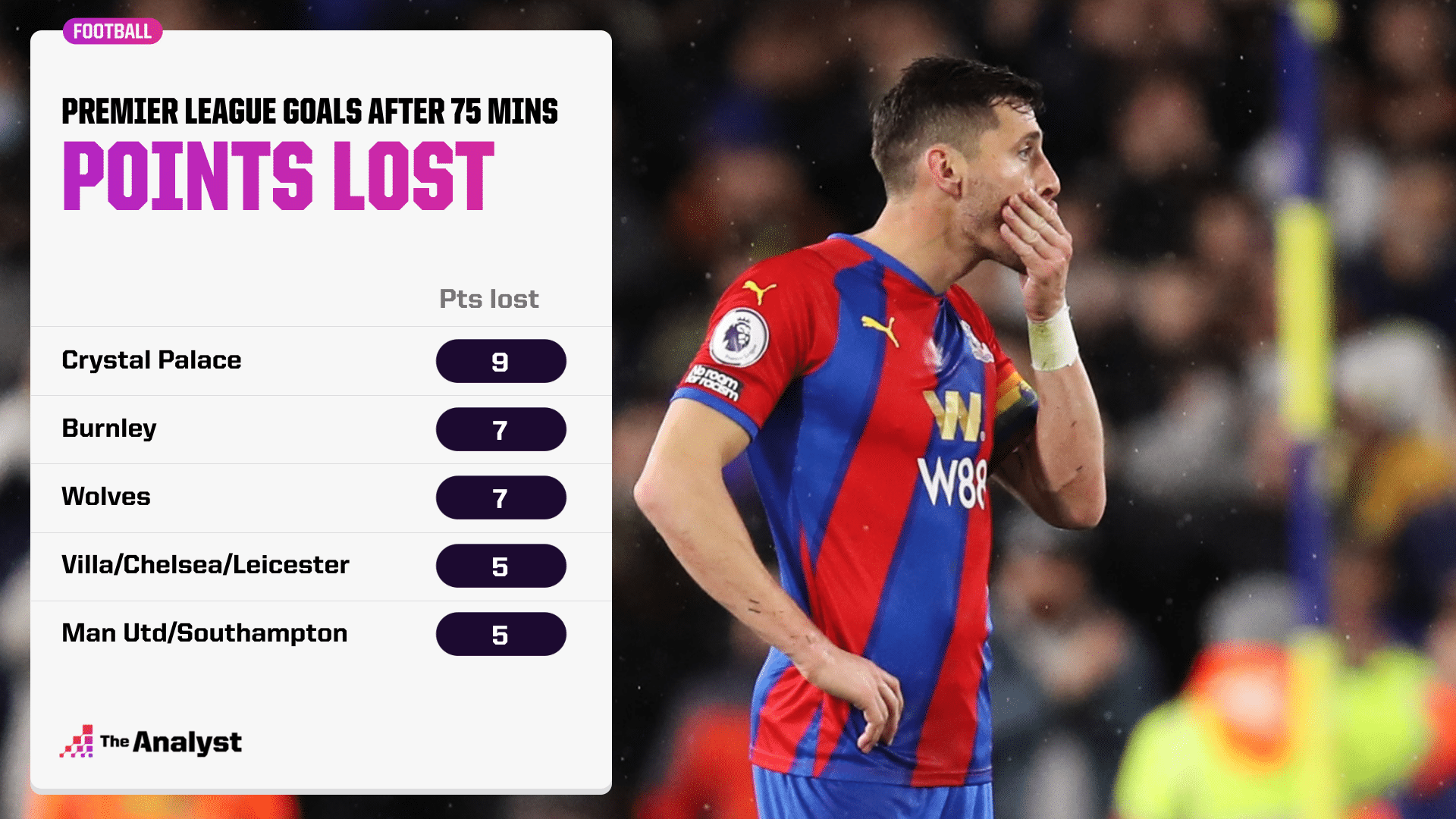
IN the list of known knows about football, the fact that a game lasts 90 minutes is well up there. Except it shouldn’t be, because games always take longer than that, with the honourable exception of Mali against Tunisia – the 85 minute game – in the AFCON earlier this year. The shortest Premier League game of this season (92m 31s) is Watford’s 5-0 home defeat to Liverpool back in October, falling very much into the refereeing category of “I’ll end your pain as quickly as I can”, while the longest is the 124m 55s drone-affected marathon between Brentford and Wolves in January.
Such variation is partly why there has been a rise in interest about ball-in-play time this season. Only Manchester City have averaged more than an hour of ball-in-play time in Premier League games in 2021-22 (60m 46s), and last week it emerged that an U23 tournament in Portugal will experiment with 60 minute matches, where the clock will stop every time the ball goes out of play. Were it to be rolled out in this season’s Premier League then Aston Villa fans would see more than eight minutes of additional content (aka football) per game on average.
In terms of average length of match this season, Crystal Palace are very much mid-table, but they probably wish that rather than tinkering with stopped clocks, the sport’s lawmakers would just make games 15 minutes shorter. Because if that was the case, Palace would be considerably higher in the Premier League table. As is stands, Patrick Vieira’s team have let nine points slip via goals they’ve conceded after the 75th minute, which is more than any other Premier League side. Palace have serenely made their way through to the FA Cup quarter-finals, but recent league games have been less kind. It’s only a few weeks since they came close to claiming a point at home to Chelsea, only to see an 89th minute Hakim Ziyech goal hand all three to the European champions. Palace failed to have a shot on target in this game and generated only 0.75 xG so you’d be hard pressed to make a case that they deserved to win, but even so, getting so close to a creditable draw with Chelsea and not achieving it still hurt.
WOLVES V CRYSTAL PALACE
And talking of expected goals, this is a club who have failed to record 1.0 or higher in their last four Premier League games, which only amplifies their inability to hold on to what they have so often.

At the other end of this scale is a mix of clubs who don’t let much slip because they’re good at football (Manchester City, zero points) and some who are often already well out of the match by the time the 75th minute rolls around (Leeds & Norwich, one point each). Also down there (or should that be up there) are Brighton, Crystal Palace’s semi-local rivals, with Graham Potter’s team having only dropped one point from goals conceded in the final 15 minutes. What makes it even worse for Palace fans is that Brighton are the team who have won the most points from goals scored after the 75th minute, with 10. With the clubs 10th and 11th in the table, and Brighton ahead by three points, you don’t need to be an applied maths professor to work out that A23 bragging rights are very much being impacted by the clubs’ contrasting ability at game management.
CRYSTAL PALACE V MAN CITY
And that’s the crux of matters, really. Football clubs that can control matches tend to fare better than those who don’t. There’s a solid mid-table of five clubs in the Premier League at the moment, comprising of Southampton, Brighton, Palace, Leicester and Aston Villa. Pretty much any observer of the league could tell you three or four positive aspects of their play and three or four negative ones too. For Palace, it’s the mistakes that have seen them turn draws into defeats and wins into draws that have cost them so far this season. It’s not disastrous, and an optimist would point out that it augurs well for the future under Vieira, but it’s surely something the manager will want to fix sooner rather than later.



